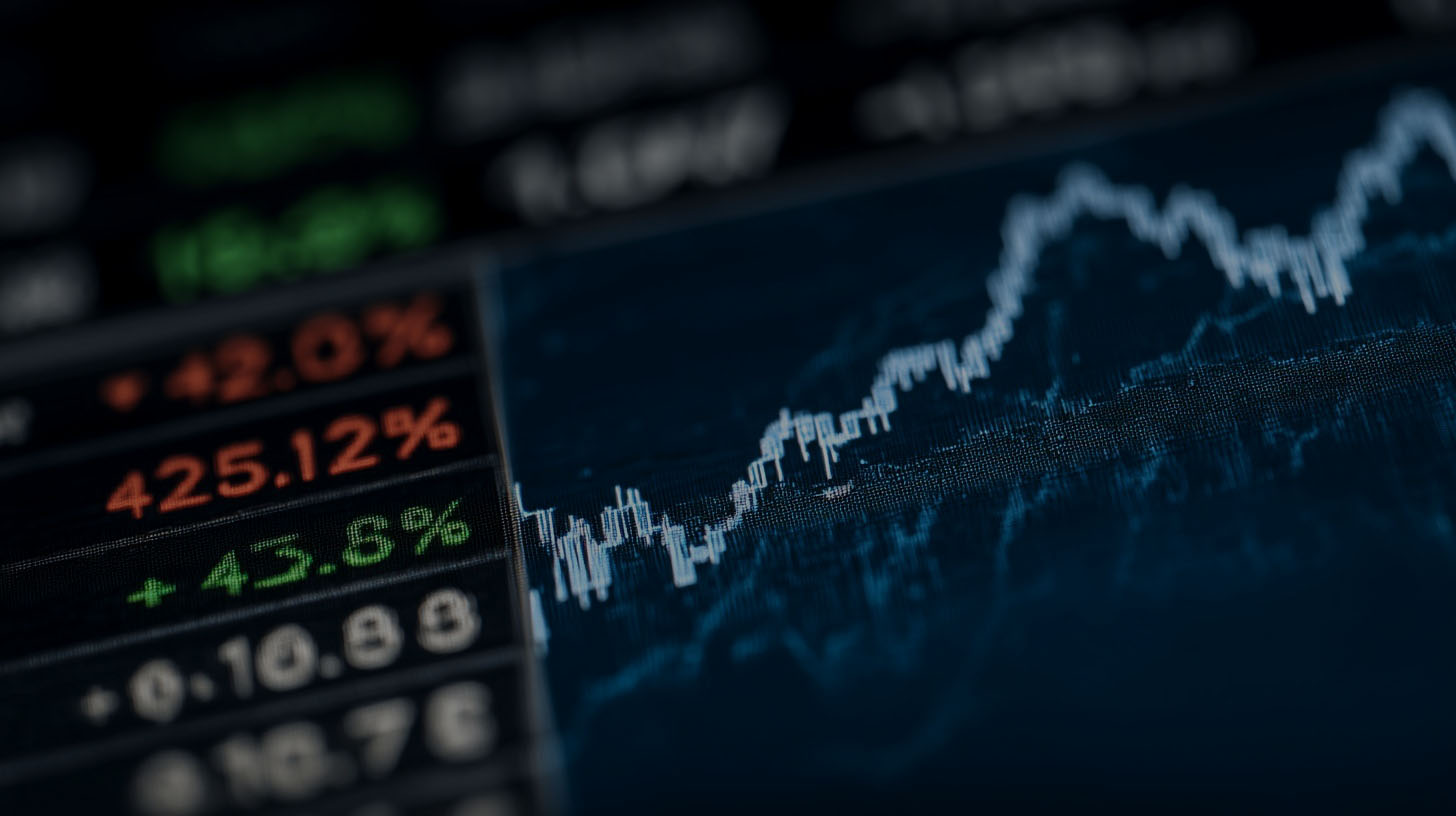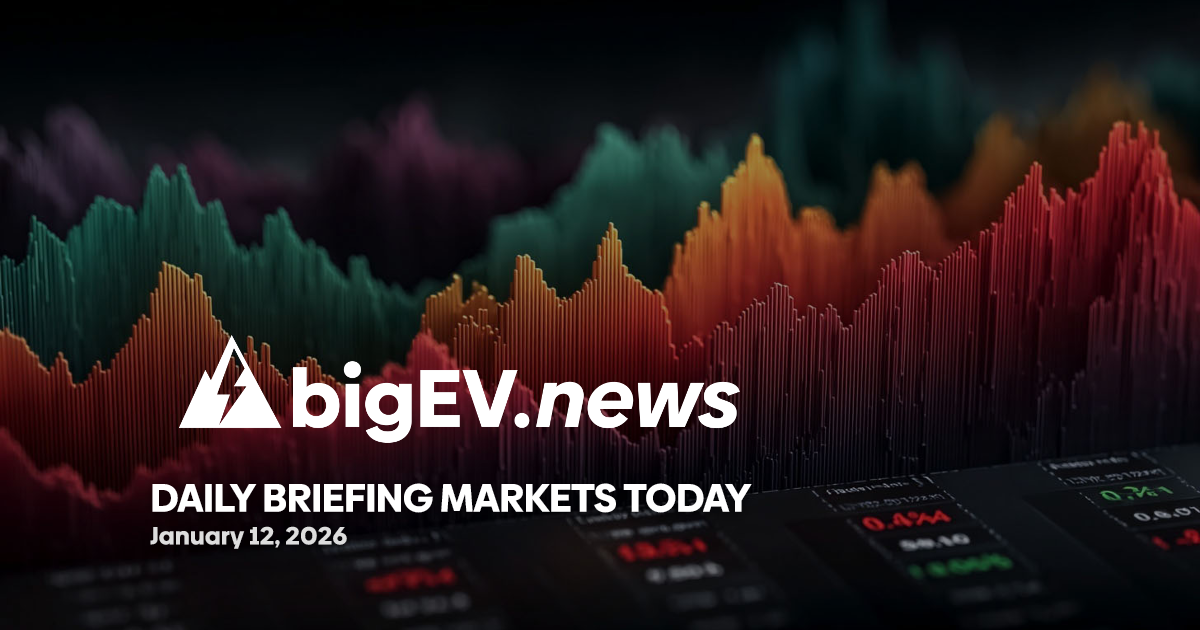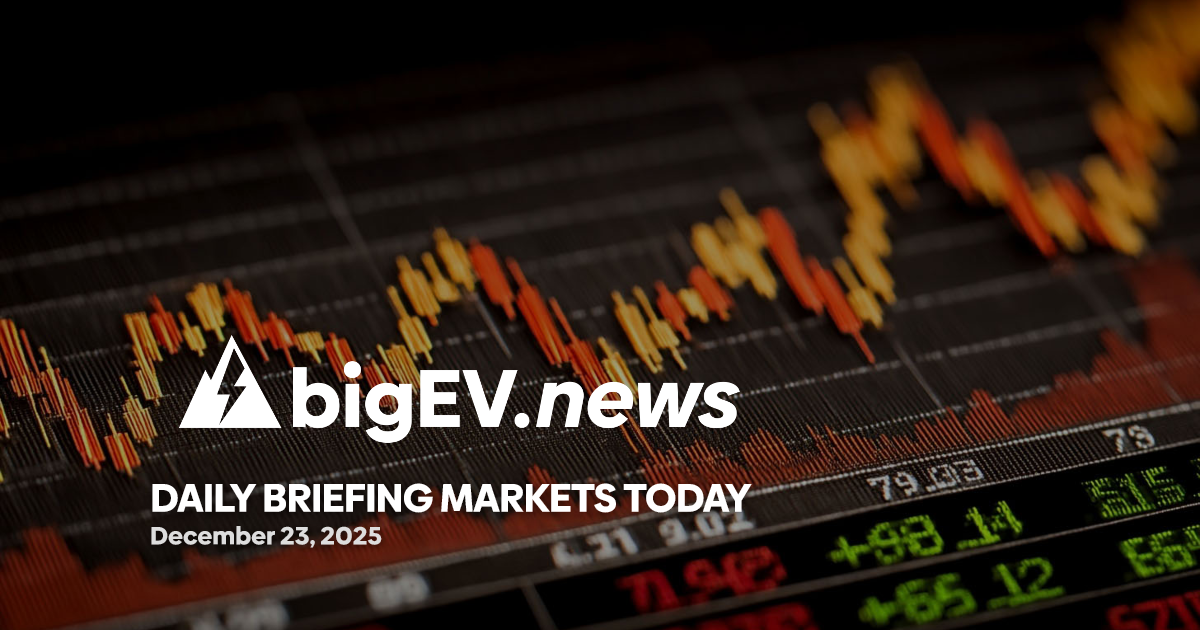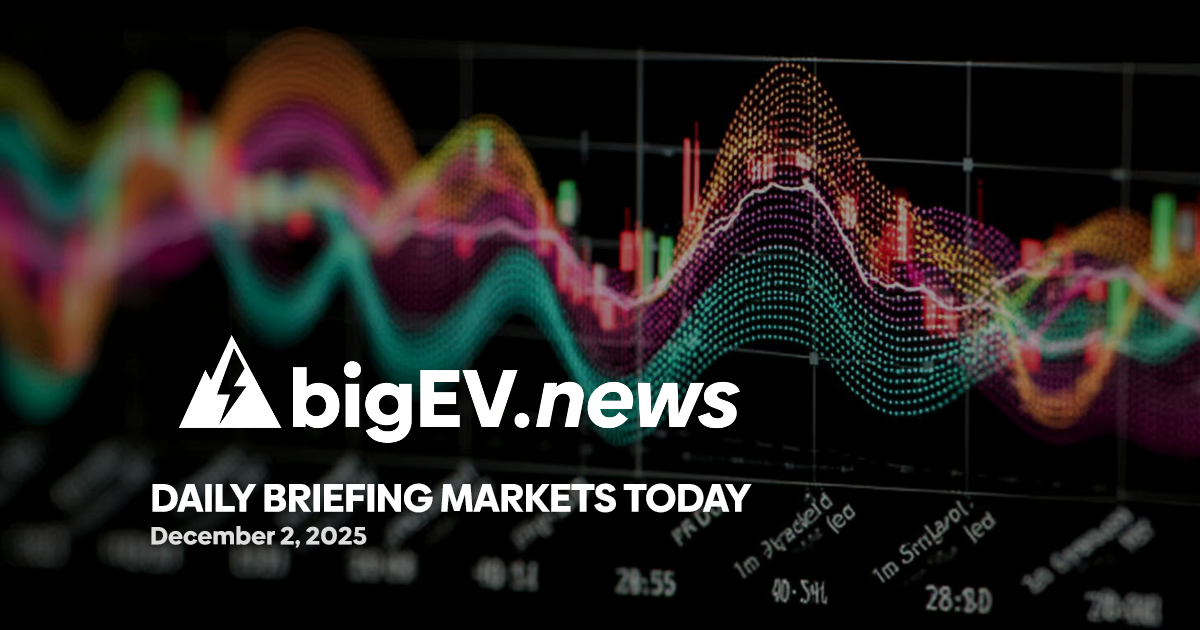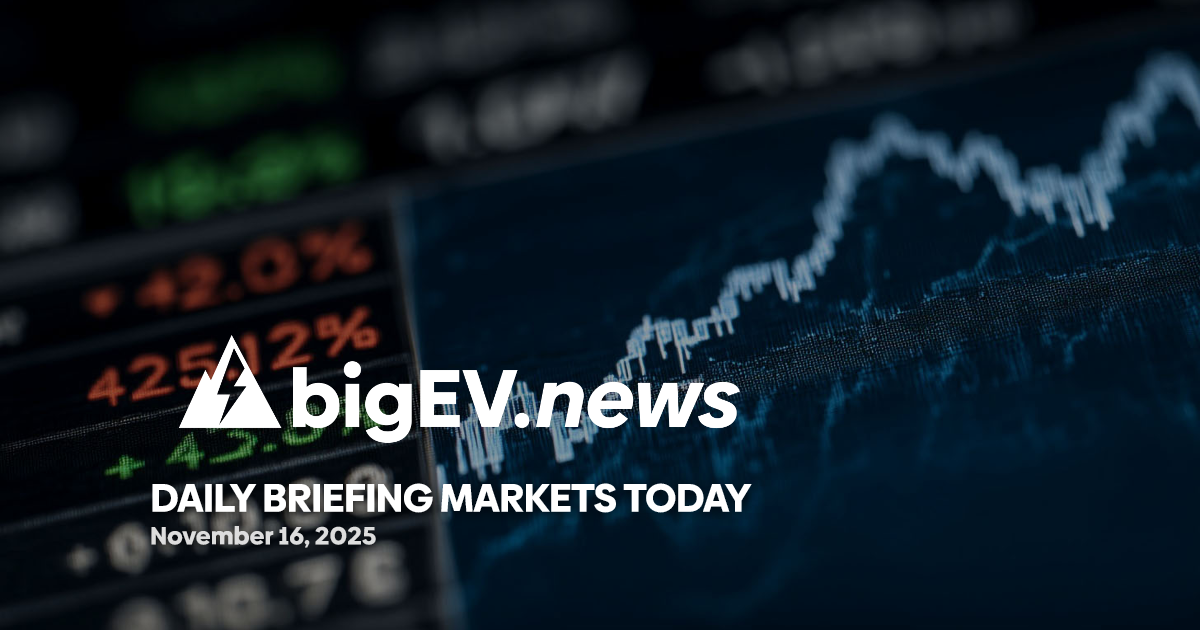Investors recalibrate as inflation data, central bank surprises, and sector-specific developments drive market volatility and strategic repositioning.
At a glance – Global equity markets delivered mixed performances over the past 24 hours, with US indices declining as expectations for Federal Reserve rate cuts were scaled back following stronger-than-anticipated economic data. Eurozone shares also retreated, while Japanese and Chinese equities advanced amid regional optimism. Australian shares edged up 0.2%, buoyed by a rebound in resource stocks, although healthcare lagged due to uncertainty surrounding the impact of new US pharmaceutical tariffs targeting companies like CSL. Bond yields climbed globally, reflecting reduced rate cut expectations, while gold reached another record high and oil prices continued their ascent. Iron ore slipped marginally, and the Australian dollar weakened in response to shifting monetary policy outlooks and tariff developments. Correction risks remain elevated, with stretched valuations, mounting public debt concerns in the US, France, UK, and Japan, and heightened geopolitical tensions—including the threat of secondary US tariffs on Russian oil imports and a possible partial US government shutdown looming on October 1 if budget negotiations stall.
Technology advance – In the software and clean tech sectors, the past day saw significant movement as Siemens AG announced the launch of its new “Grid Edge” platform in Berlin, designed to optimize distributed energy resources for urban utilities. The platform leverages AI-driven analytics to enhance grid resilience and efficiency, targeting European cities facing rising energy demand and regulatory pressures. Siemens’ CEO Roland Busch highlighted the product’s integration with existing smart infrastructure, positioning the company to capture market share amid accelerating clean energy transitions. The launch comes as European utilities seek scalable solutions to meet decarbonization targets, and as venture capital interest in grid optimization technologies intensifies, with several VC-backed startups reportedly in talks for pilot deployments across Germany and the Netherlands.
Partnerships – In transportation engineering, Hyundai Motor Company and Aramco announced a strategic alliance in Seoul to co-develop hydrogen-powered commercial vehicles for the Middle Eastern market. The partnership, formalized on September 25, will see joint investment in fuel cell technology and infrastructure, aiming to deploy a fleet of hydrogen trucks in Saudi Arabia by late 2026. Hyundai’s CTO, Dr. Kim Young, emphasized the collaboration’s potential to accelerate regional adoption of zero-emission transport, while Aramco’s VP of New Energy, Faisal Al-Saif, cited the deal as a cornerstone for Saudi Arabia’s Vision 2030 sustainability agenda. The alliance is expected to catalyze further cross-border investment in hydrogen mobility, with both firms targeting expansion into the UAE and Oman within the next two years.
Acquisitions/expansions – In a major clean tech acquisition, US-based NextEra Energy finalized its $2.1 billion purchase of Canadian solar developer Northland Power, expanding its renewable portfolio across North America. The deal, completed on September 26, grants NextEra access to Northland’s 1.5 GW pipeline of solar and battery storage projects in Ontario and Alberta. NextEra’s CFO, Rebecca Kujawa, stated that the acquisition will accelerate the company’s growth in distributed energy and storage, supporting its ambition to become the continent’s leading renewable energy provider. Northland Power will retain its brand identity but operate as a subsidiary, with integration expected to be completed by Q2 2026. The transaction signals intensifying competition in the North American renewables sector, as utilities and independent power producers race to scale up clean energy assets.
Regulatory/policy – Central bank policy developments dominated headlines, with the Swedish Riksbank surprising markets by cutting its benchmark rate by 0.25% to 1.75% amid persistent economic weakness, while signaling a pause in further easing. The Swiss National Bank held rates steady at zero, citing stable inflation and moderate growth. In the US, the Federal Reserve’s outlook remains divided: new Trump-appointed Governor Miran advocated for multiple rate cuts, while other officials flagged sticky inflation and limited room for easing. Chair Jerome Powell reiterated a cautious dovish stance, reflecting uncertainty over whether softening labor data or resilient growth will dictate future moves. The divergence in central bank strategies is fueling volatility in currency and bond markets, with investors closely monitoring upcoming policy meetings and the potential for secondary US tariffs on countries importing Russian oil. Meanwhile, the risk of a partial US government shutdown on October 1 continues to weigh on sentiment, as lawmakers struggle to reach a budget agreement.
Finance/business – US economic data released Thursday showed inflation rising 0.3% in August, with core PCE up 0.2% and year-over-year core PCE steady at 2.9%. Personal spending exceeded forecasts at 0.6%, while personal income and wages grew at a slower pace than the previous month, suggesting a gradual cooling but not a sharp slowdown. The CME FedWatch Tool reflected a shift in rate cut expectations, with the probability of a December cut dropping from 83% to 61% over the past week. Profit-taking after a robust quarter contributed to Thursday’s equity selloff, as investors digested FactSet’s updated Q3 earnings projections following strong Q2 results. Market participants are now focused on upcoming earnings releases, new tariffs, and the potential impact of a government shutdown on employment and consumer spending. The interplay of solid growth, persistent inflation, and policy uncertainty is shaping investor positioning across sectors, with heightened attention to risk management and portfolio diversification.
Sources: AMP, Siemens press release, Hyundai Motor Company press release, NextEra Energy investor relations, Sveriges Riksbank, Charles Schwab

